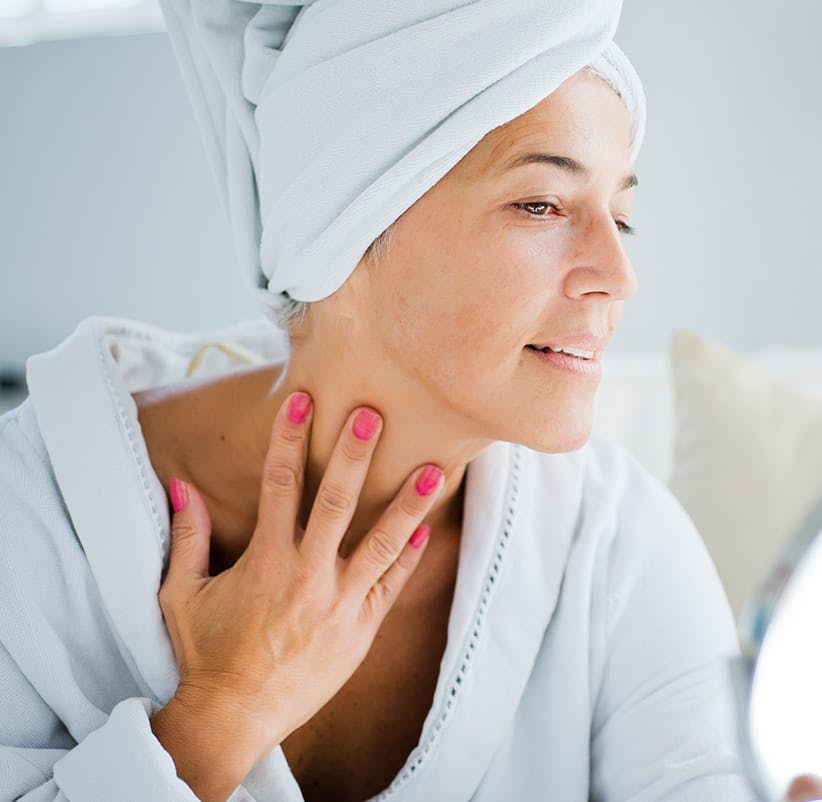Ringworm is a fairly common fungal infection that causes itchiness and dry skin. Here at Certified Dermatology, our passionate team will help treat your ringworm and enable you to find relief from itching and flaking.
What Causes Ringworm?
Ringworm is a contagious fungal infection caused by common mold-like parasites that live on the cells in the outer layer of your skin.
It can be spread in the following ways:
- Human to human: Ringworm often spreads by direct, skin-to-skin contact with an infected person.
- Animal to human: You can contract ringworm by touching an animal with ringworm. Ringworm can spread while petting or grooming dogs or cats. It’s also fairly common in cows.
- Object to human: Ringworm can spread through contact with objects or surfaces that an infected person or animal has recently touched or rubbed against, such as clothing, towels, bedding and linens, combs, and brushes.
- Soil to humans: In rare cases, ringworm can be spread to humans by contact with infected soil. Infection would most likely occur only from prolonged contact with highly infected soil.





